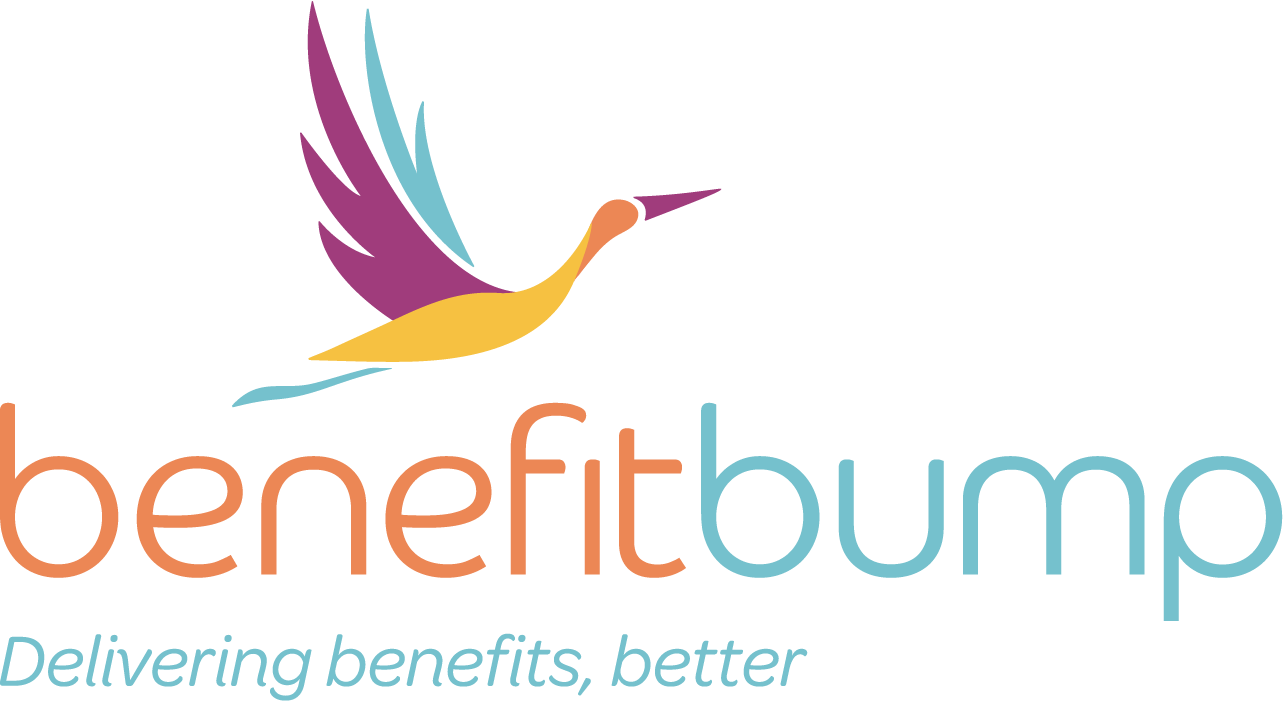Facing the Formula Shortage
The Formula Shortage
If you haven’t read the news lately, America is currently facing a formula shortage due to both the recall by formula producer Abbott recalling many powdered formulas that were contaminated, and supply-chain issues stemming from the pandemic. Parents who typically would have used these powder formulas were forced to find alternative products, thus contributing to an overall shortage in ALL formula products, not just those that were recalled. According to Datasembly, the nation-wide out-of-stock rate is at 43% and continues to climb.
What are some alternatives if you can’t find the formula you usually use?
A Word of Caution - First, keep in mind that medical professionals advise you not to water down formula. Doctors caution against this because it can prevent infants from receiving vital nutrition. Second, you should not make your own formula. Dr. Mia Henderson, a physician at St. Louis Children’s Hospital tells us that “the electrolyte balance of [infant] formula is really important. Regular intake of the wrong electrolyte balance can be very harmful-even deadly.” So, the bottom line is that making your own formula is not safe.
Consider Switching Formulas - Depending on the type of formula you are using and your child’s nutritional needs, you may be able to switch brands. Unless your child uses a very specific formula per instructed use by a medical professional, for most babies it is OK to switch them to an available formula. Doctors are collaboratively recommending that if you are afraid of running out of formula or that your child is not receiving as much nutrients as he/she needs to consult with his/her pediatrician first. Dr. Katie Lockwood, Primary Care Physician at Children’s Hospital of Philadelphia has these recommendations: "Some pediatric offices may have samples of formula or know local resources for finding formula, including tips from other families," she said. "They may also be able to make recommendations about switching formula to something similar that is easier to find. Sometimes smaller stores, such as family-owned pharmacies or grocers, have formula in stock when larger retail stores are out." You can also contact Gerber’s MyGerber Baby Expert to reach a certified nutrition or lactation consultant who can help you locate a similar formula.
Buy Online – While it may be more expensive, you may be able to find baby formula online. If you do choose to purchase it online, ensure you use a well-recognized online distributor, like Target or Instacart, and not smaller retailers or online auction sites, like eBay or Craigslist. Websites like storebrandformula.com have also consolidated several online retailers to help you identify supplies at major retailers.
Explore Local Resources – Local doula groups, birthing centers, and food banks can all be great resources to find formula. Once you find your local resource, give them a call and see if they either have formula or know where to locate some.
United Way’s 2-1-1 – United Way is a non-profit that seeks to support individuals by mobilizing the caring power of communities around the world. As families face baby formula shortages, they have set up a hotline that can connect you to a community resource specialist who can help you identify food pantries and other charitable sources of local infant formula and baby food. To access the hotline, call 2-1-1.
Use Your Network – If you are a part of any online parent groups, reach out to your network to see if they have any suggestions. If you are not currently part of any support groups, you can find one here.
If you are concerned with formula shortages for your child, reach out to your BenefitBump Care Navigator or pediatrician for advice.

